Rural businesses typically provide value and economic strength to the community and generate income for the owner. If you live in a rural area, then ...
49 Small Town Business Ideas to Boost Your Community
Written by: Esther Strauss
Esther is a business strategist with over 20 years of experience as an entrepreneur, executive, educator, and management advisor.
Edited by: David Lepeska
David has been writing and learning about business, finance and globalization for a quarter-century, starting with a small New York consulting firm in the 1990s.
Published on June 30, 2022
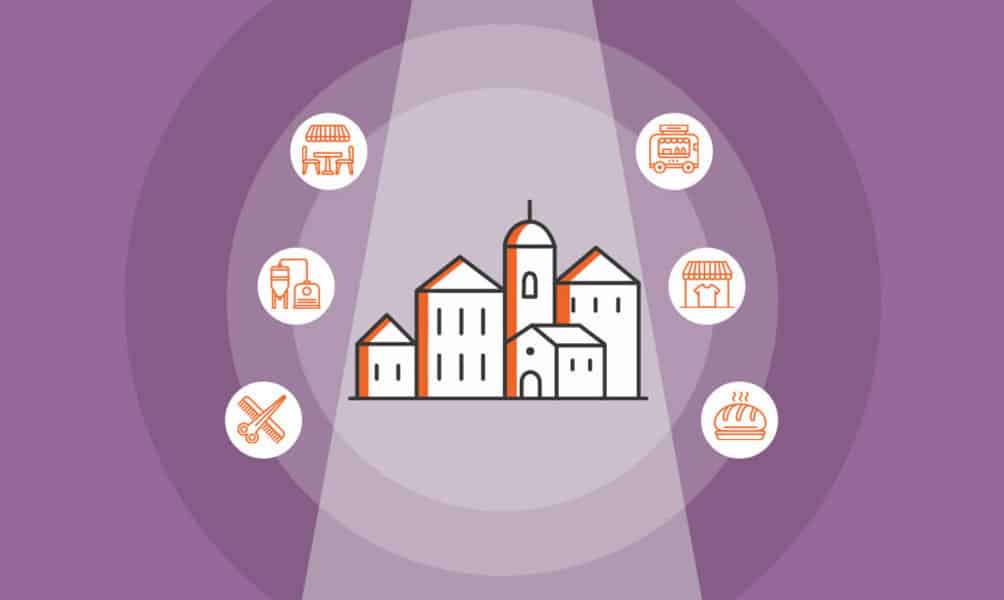
You might think you can’t do business in a small town. But did you know that some major corporations are based in small towns? Walmart is in Bentonville, Arkansas. MasterCard and PepsiCo are in Purchase, New York, while Dick’s Sporting Goods is in Coraopolis, Pennsylvania.
If you live in an area with a small population, you can still attain entrepreneurial success. Why not consider starting a quaint coffee shop, a general merchandise store, or a bakery? Check out our list of small town business ideas below.
1. Coffee Shop
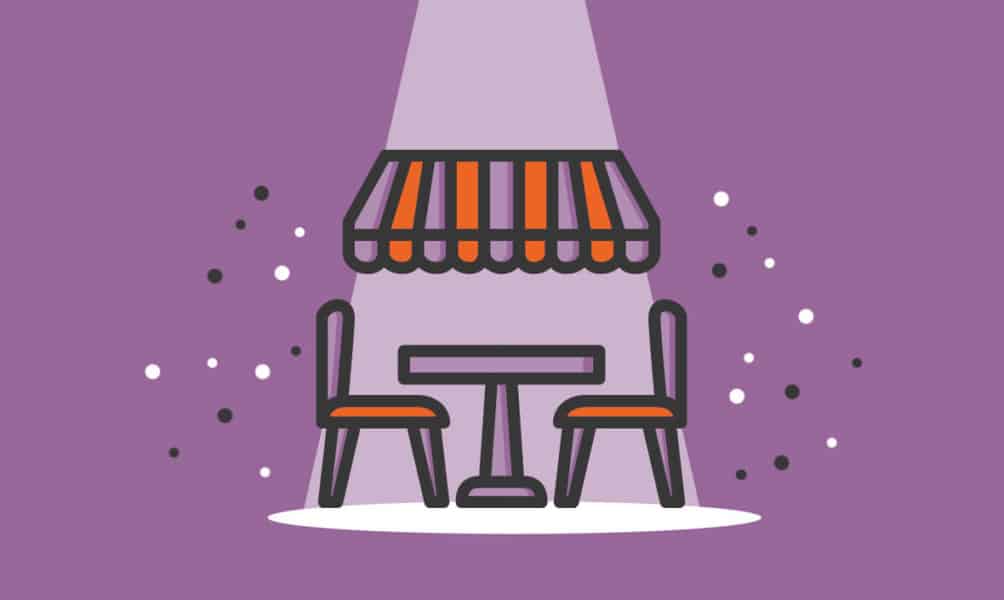
Location: Choose a town with a busy main street or near community centers like libraries or schools to attract steady traffic. A small town with a growing population or a tourist attraction nearby can be ideal.
Investment: Starting a coffee shop could require between $60,000 to $230,000, depending on size and menu complexity.
Standing Out: Offer local specialties and create a cozy ambiance that resonates with town culture. Hosting local art and music events can also draw more customers.
2. Retail Store

Location: Ideal for towns without many shopping options. Near other local businesses or in the town center works best.
Investment: Costs can range from $30,000 to $100,000, including inventory and leasing space.
Standing Out: Focus on products unique to the area or not available in big chain stores. Excellent customer service and community involvement help build loyalty.
3. Clothing Boutique

Location: Best in a town with a fashion-conscious community or near high-traffic areas like parks or community halls.
Investment: Initial investment might be around $34,000 to $135,000 for quality inventory and chic decor.
Standing Out: Offer exclusive local designs and exceptional personal shopping experiences. Regular fashion shows and style workshops can also attract attention.
4. Food Truck
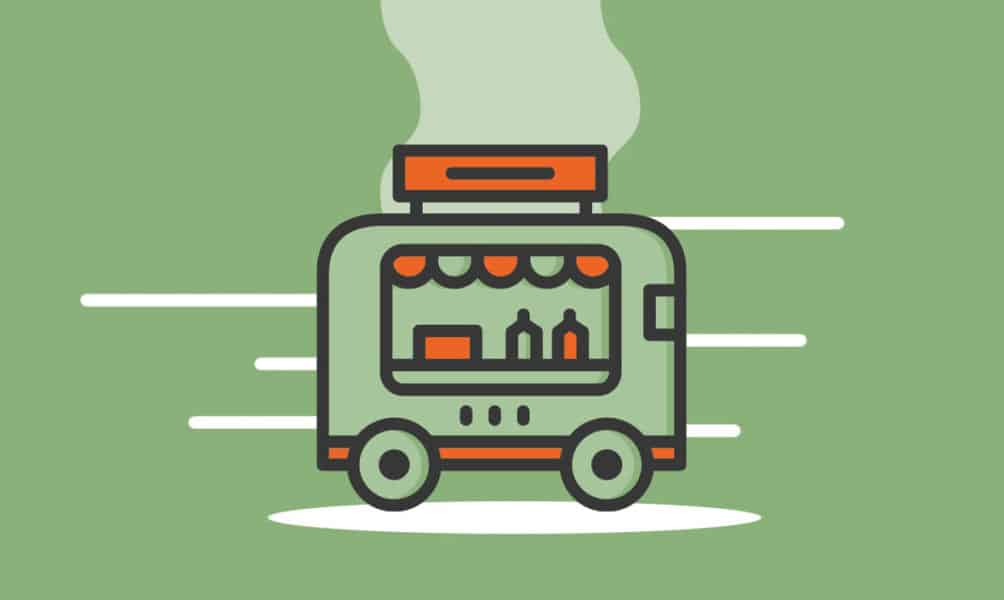
Location: Opt for towns with busy outdoor markets, events, or a lack of diverse dining options.
Investment: Starting a food truck can cost between $48,000 to $207,000, depending on the equipment and vehicle condition.
Standing Out: Serve unique or locally favored dishes. Participate in local events and use social media to announce locations and new menu items.
5. Handyman
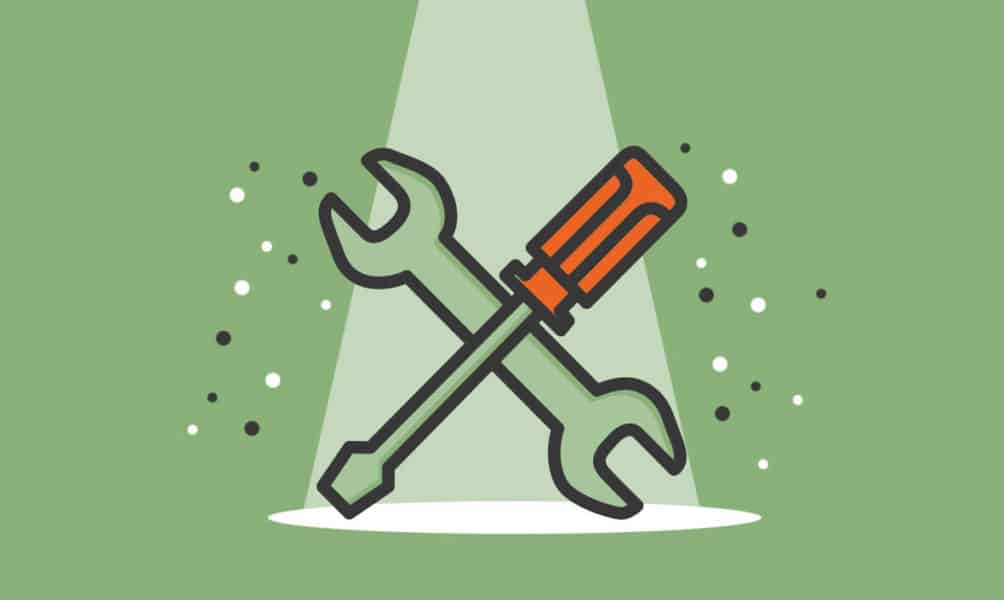
Location: Ideal for towns with older homes or fewer repair services.
Investment: Likely under $10,000 for tools and a reliable vehicle.
Standing Out: Provide fast, reliable service and build trust through word-of-mouth. Offering seasonal maintenance packages can also distinguish your services.
6. Bakery

Location: A town center or next to busy morning spots like schools, hospitals or offices.
Investment: Usually between $3,000 to $34,000, including baking equipment and space.
Standing Out: Specialize in local favorite or unique baked goods. Participation in local markets and offering baking classes can increase visibility.
7. Hair Salon

Location: A visible spot in a busy area is ideal. Consider demographics like a younger population or families.
Investment: Costs range from $12,000 to $60,000 for a well-equipped salon.
Standing Out: Stay current with trends and offer services that cater to local tastes. Regular promotions and loyalty programs can help retain customers.
8. Grocery Store

Location: Needed in towns with limited shopping options. Near residential areas or central locations are best.
Investment: Starting a small grocery store might cost around $60,000 to $285,000.
Standing Out: Stock locally sourced products and offer a delivery service. Hosting cooking classes or nutrition workshops can also draw customers.
9. Floral Business
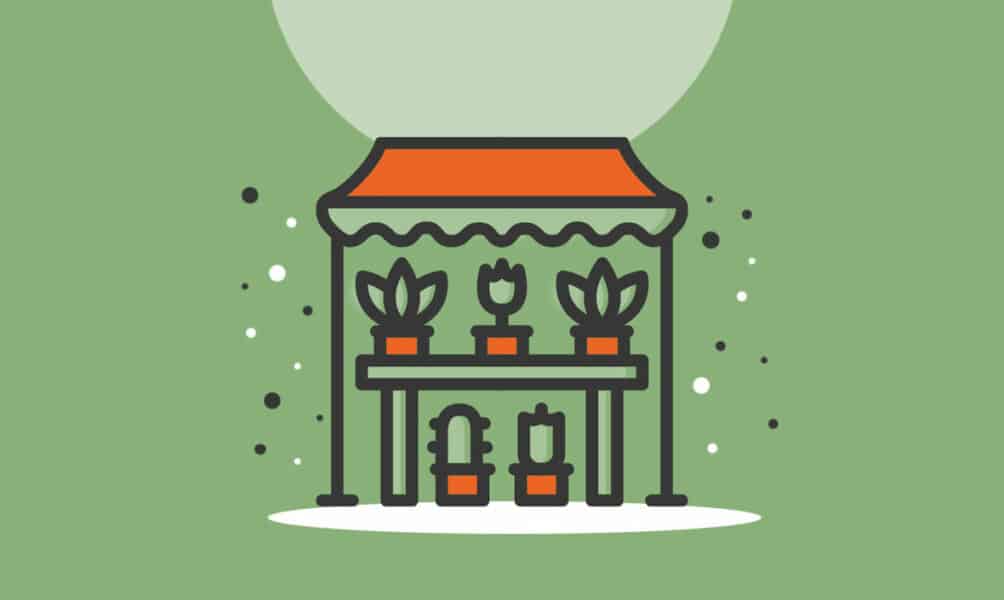
Location: High foot traffic areas like near hospitals, offices, or churches. Small towns with few gift shops are perfect.
Investment: Typically, $9,000 to $20,000 for supplies and a storefront.
Standing Out: Offer custom arrangements and exceptional service. Collaborating with local event planners or funeral homes can expand your client base.
10. Estate Sale

Location: Works well in towns with an aging population or those interested in antiques and collectibles.
Investment: Start-up costs are low, around $1,000 to $15,000, primarily for marketing and setup.
Standing Out: Build a reputation for fair pricing and professionalism. Networking with local realtors and law firms can provide steady business referrals.
11. Gardening

Location: Best in a community with large residential areas and a preference for well-maintained yards.
Investment: Around $3,000 to $10,000 for tools, supplies, and maybe a vehicle.
Standing Out: Offer organic or eco-friendly gardening solutions. Hosting garden design workshops can also attract more clients.
12. Car Wash

Location: Ideal near high traffic areas (shopping centers, parking lots, gas stations). Small towns with limited car cleaning services are perfect.
Investment: Costs can vary, starting around $50,000 to $160,000 for automated systems.
Standing Out: Provide exceptional service with eco-friendly products. Membership deals or loyalty programs can boost repeat customers.
13. Photography

Location: Works well in scenic towns or those with frequent events like weddings and festivals.
Investment: Initially, around $10,000 to $16,000 for good cameras and editing software.
Standing Out: Specialize in capturing local events or natural landscapes. Offering photography classes can also engage the community.
14. Brewery
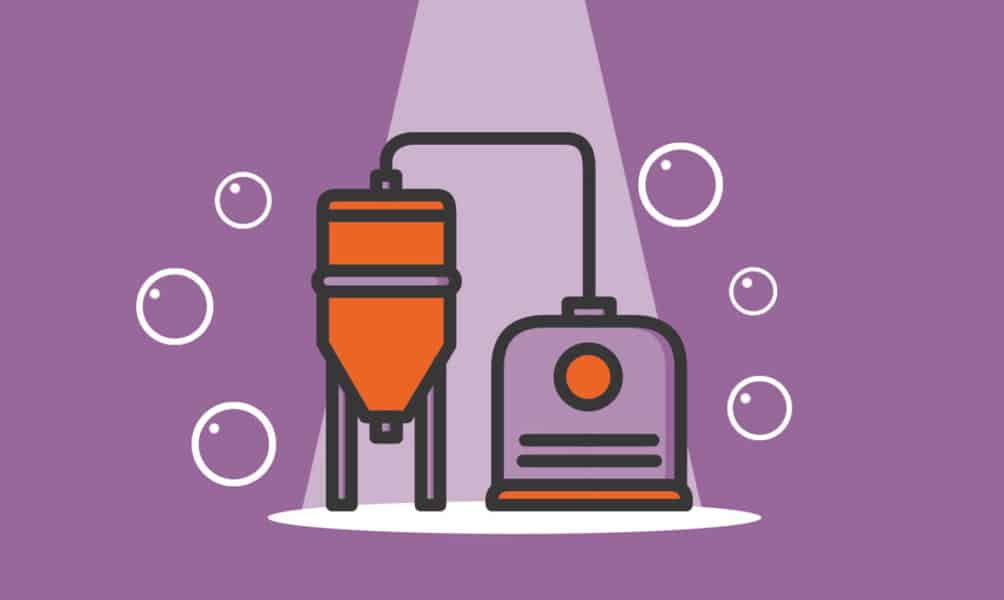
Location: Towns with a growing interest in craft beers or tourist areas.
Investment: Starting a small-scale brewery might cost between $100,000 to $500,000.
Standing Out: Create unique local flavors and host community events like beer tastings or brewery tours.
15. Plumbing
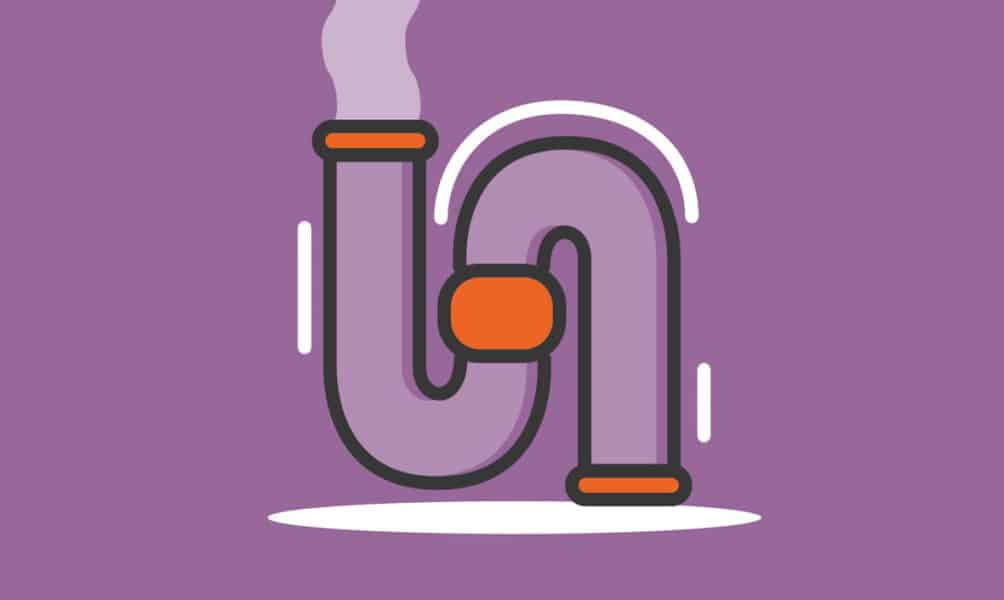
Location: Essential in any town, especially where there are frequent issues with old plumbing systems.
Investment: Likely under $20,000 for tools and the initial setup.
Standing Out: Reliable, 24/7 emergency services can make your business indispensable. Offering regular check-ups at a discount can also attract homeowners.
16. Thrift Store
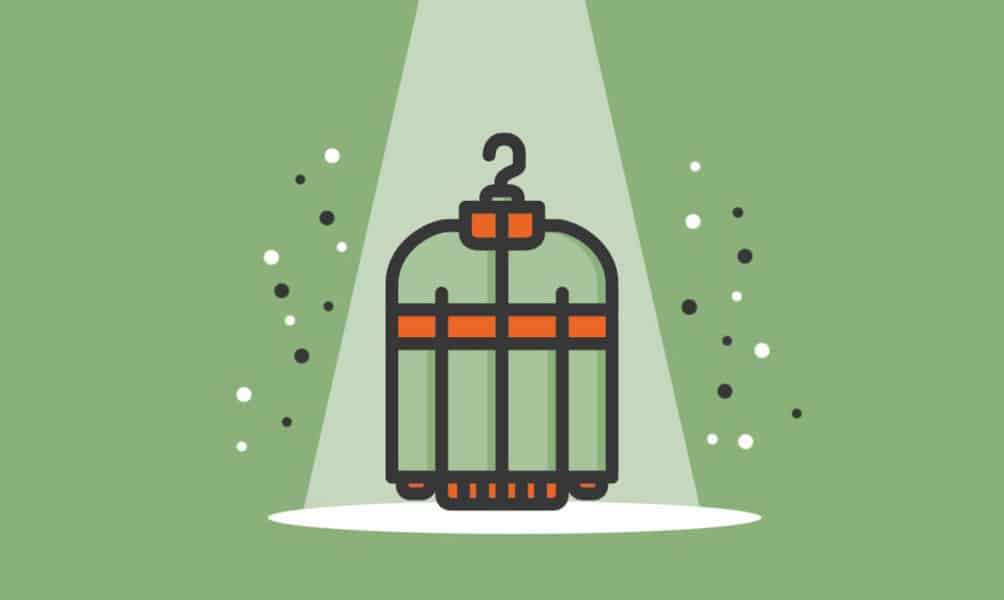
Location: Best in town centers where foot traffic is high. Small towns with a focus on sustainability are ideal.
Investment: Around $20,000 to $50,000 for leasing a space and initial stocking.
Standing Out: Curate unique and vintage collections. Hosting community swap events can increase foot traffic.
17. Radio Station
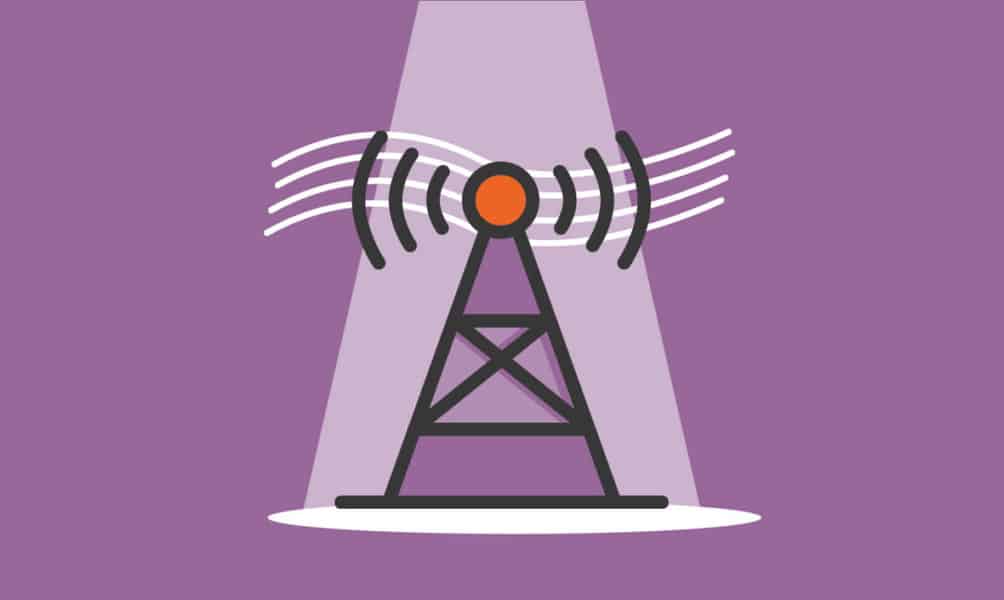
Location: Towns with a strong sense of community and interest in local happenings.
Investment: Starting costs around $50,000 to $200,000 for equipment and licensing.
Standing Out: Focus on local news, music, and events. Interactive programs involving local celebrities or residents can boost listener engagement.
18. Flooring Installation

Location: Necessary in towns with ongoing residential development or renovations.
Investment: Approximately $6,000 to $13,000 for tools and machinery.
Standing Out: Offering durable and eco-friendly flooring options can distinguish your business. Free in-home consultations can add value.
19. Funeral Service
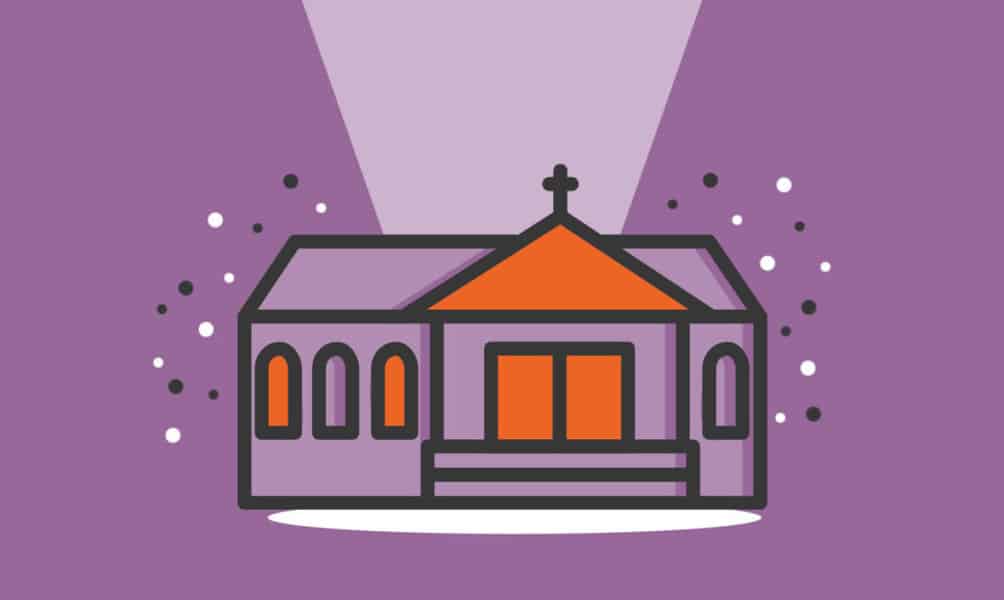
Location: Suitable in any town, preferably near churches or residential areas.
Investation: Start-up costs can range from $150,000 to $250,000, depending on facility and services offered.
Standing Out: Providing compassionate, personalized services helps build a reputable name. Offering grief counseling sessions can also be beneficial.
20. Computer Repair
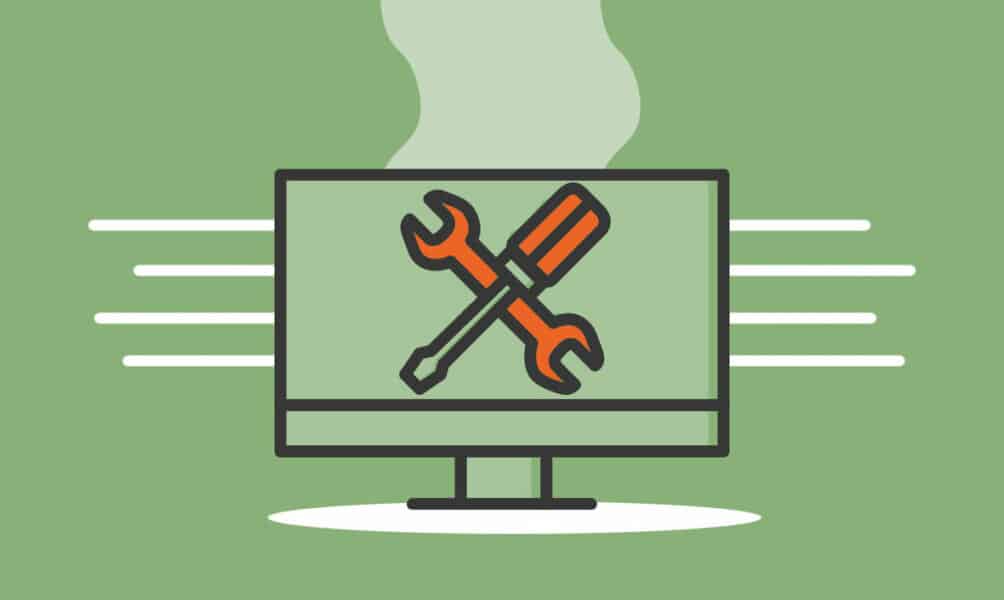
Location: Optimal in towns with a significant number of businesses or tech users.
Investment: Likely around $4,000 to $12,000 for tools and a small shop.
Standing Out: Quick, reliable service and expertise in the latest technology. Offering tech workshops can keep your clientele informed and engaged.
21. Ice Cream Shop

Location: Best near parks, schools, or central shopping areas. Towns with warm climates or tourist attractions are perfect.
Investment: Typically ranges from $34,000 to $80,000 for equipment and a quaint space.
Standing Out: Offer local flavors and seasonal specials. Family-friendly events or ice cream making classes can draw more visitors.
22. Seminar Organization

Location: Towns with a focus on education and community growth or near conference centers.
Investment: Costs are variable, often starting around $5,000 to $20,000, depending on the scale of the events.
Standing Out: Organize seminars on trending topics and local interests. Partnering with local businesses for venues or sponsorships can reduce costs and increase attendance.
23. Assisted Living Facility

Location: Ideal in towns with an aging population or where families are looking for close-to-home care solutions for relatives.
Investment: High, potentially ranging from $500,000 to several million, depending on the facility size and services offered.
Standing Out: Focus on providing a warm, home-like environment and personalized care plans. Offering community engagement activities and superior medical care can distinguish your facility.
24. Bed and Breakfast

Location: Best in scenic or historic parts of town, or areas popular with tourists.
Investment: Typically between $100,000 to $500,000, depending on the property’s condition and location.
Standing Out: Provide a cozy, authentic experience with homemade meals and personalized service. Hosting special weekend or holiday packages can attract more guests.
25. Barber Shop

Location: High foot traffic areas such as town centers or near popular eateries and shops.
Investment: Around $29,000 to $60,000 for a well-equipped shop.
Standing Out: Offer a relaxing atmosphere and consistent quality cuts. Loyalty programs and engaging in local events can build a strong customer base.
26. Farmers’ Market
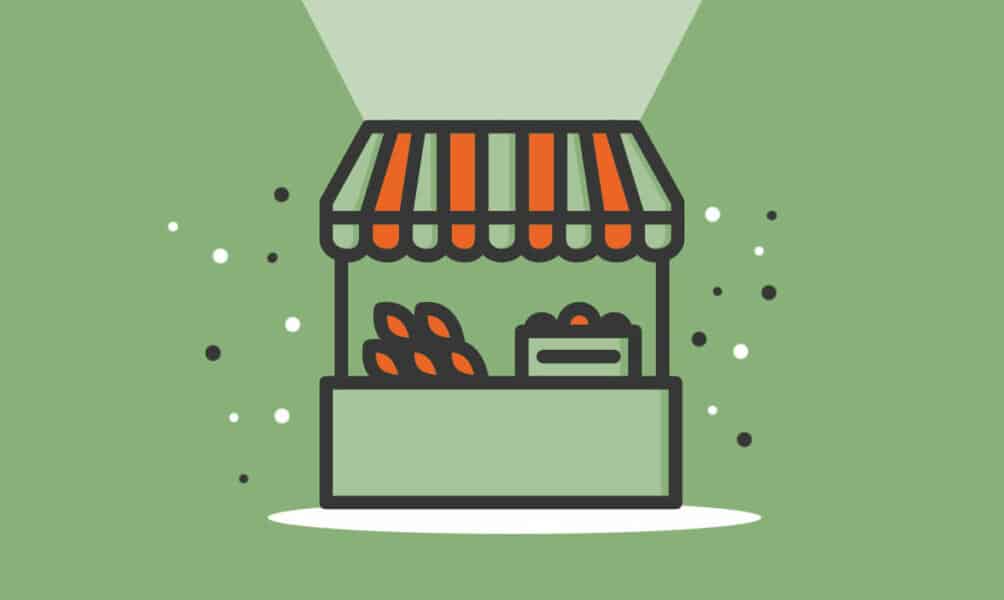
Location: Central community spaces like town squares or parks, ideally visible and accessible on weekends.
Investment: Lower start-up costs, mainly for permits and marketing, typically under $10,000.
Standing Out: Focus on locally sourced and organic products. Regular events like cooking demonstrations or live music can enhance the market experience.
27. Repo Business
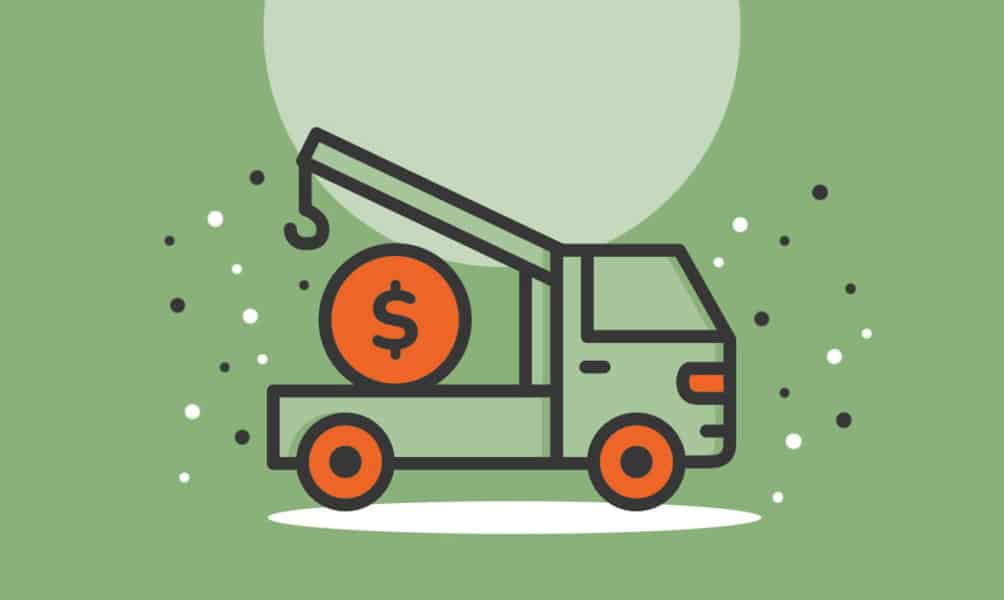
Location: Areas with higher rates of financed purchases such as vehicles and appliances.
Investment: Initial costs mainly involve licensing, insurance, and reliable towing equipment, totaling around $5,000 to $10,000.
Standing Out: Maintain professionalism and legality. Efficient service and a good reputation are crucial in this industry.
28. Liquor Store

Location: Near social hubs or where laws favorably support alcohol sales. Avoid proximity to schools or churches.
Investment: Costs can range from $8,000 to $60,000 depending on inventory and location.
Standing Out: Offer a wide range of products, including local craft beers and spirits. Hosting tasting events can also draw interest.
29. Local Hospital

Location: Central within the town to ensure accessibility for all residents, especially critical in rural areas.
Investment: Very high, often requiring several million dollars for equipment, facilities, and staff.
Standing Out: Focus on excellent patient care, modern facilities, and specialties in demand within the community. Community health programs can also enhance reputation.
30. Landscaping Service
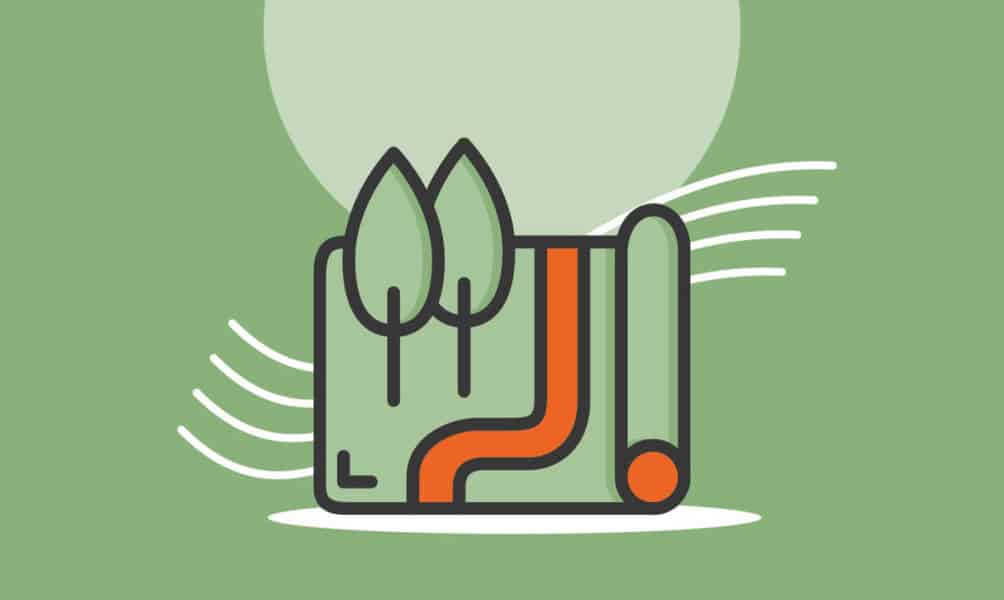
Location: Areas with substantial residential or commercial properties in need of upkeep.
Investment: About $7,000 to $20,000 for equipment and initial marketing.
Standing Out: Offer sustainable landscaping options and exceptional customer service. Seasonal promotions and services tailored to local climate conditions can attract more clients.
31. Donut Shop

Location: High visibility areas such as near schools, offices, or on main streets.
Investment: Starting costs can range from $15,000 to $32,000.
Standing Out: Offer unique flavors and high-quality ingredients. Creating a cozy space for customers to socialize can also enhance appeal.
32. Window Washing

Location: Best in towns with many businesses and residential homes with multiple stories.
Investment: Relatively low, around $4,000 to $12,000 for equipment and transportation.
Standing Out: Reliable, quick service and seasonal deals. Building strong relationships with local businesses can secure regular contracts.
33. Gas Station
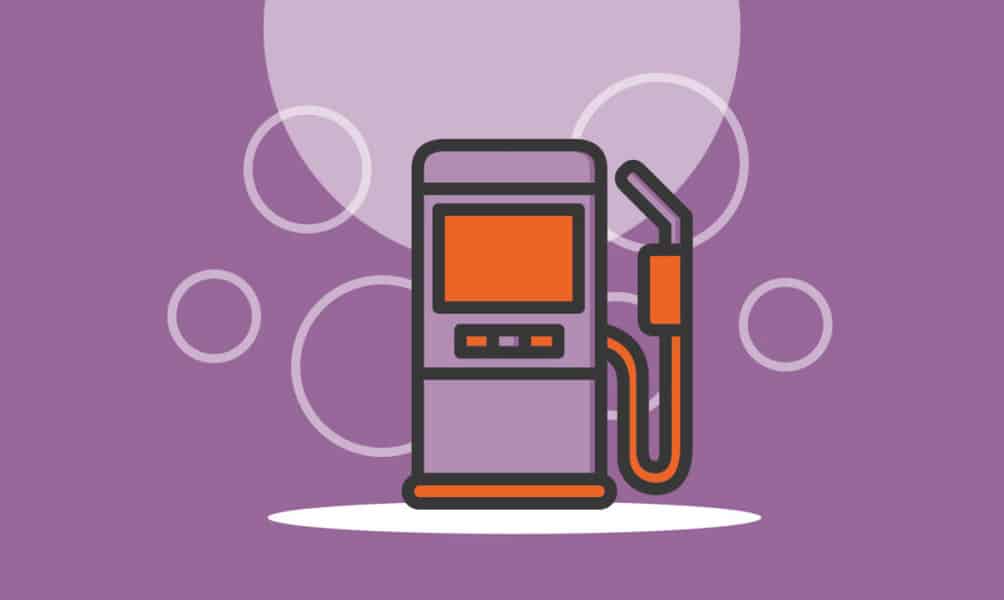
Location: Ideally situated on busy streets or near highways. Areas without nearby competition are perfect.
Investment: Typically requires $250,000 to over $1 million, including the cost of land, construction, and equipment.
Standing Out: Provide additional services such as a convenience store or car wash. Exceptional service and competitive pricing can attract steady customers.
34. Grocery Delivery
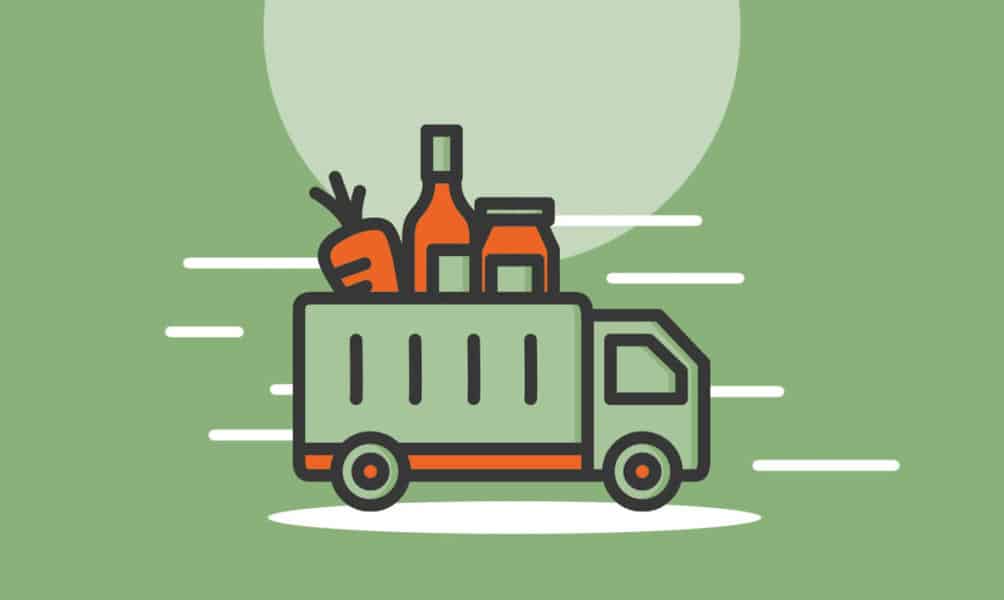
Location: Areas where residents may have limited access to supermarkets or are looking for convenience, like busy families or elderly populations.
Investment: Startup costs can be relatively low, around $72,000 to $150,000, primarily for vehicles and technology setup.
Standing Out: Offer reliable, fast delivery and a user-friendly online ordering system. Partnering with local producers can appeal to those interested in supporting local businesses.
35. Shoe Store
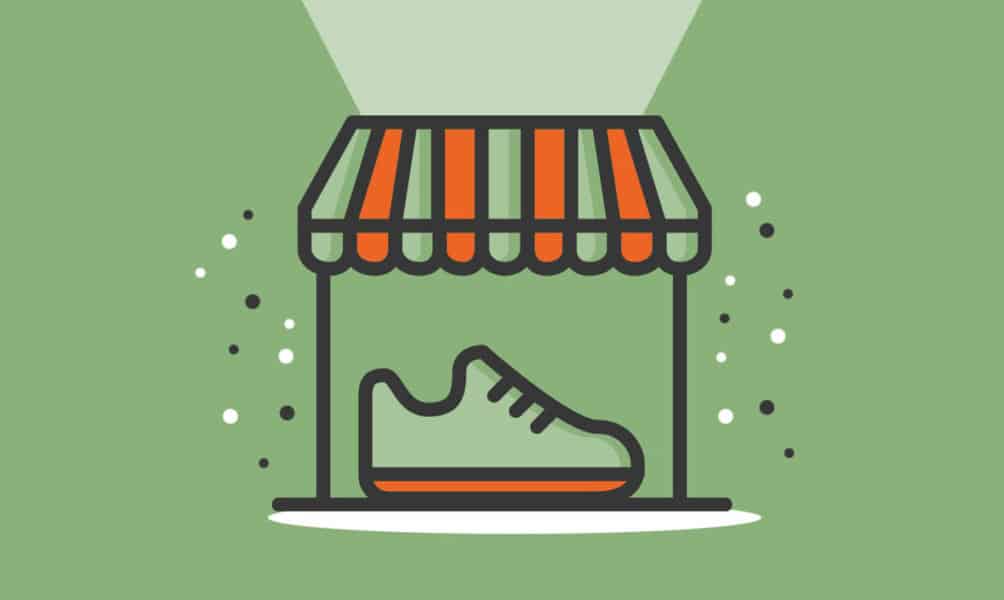
Location: Choose a high-traffic area near clothing stores or shopping centers.
Investment: Around $9,000 to $30,000 for inventory and store setup.
Standing Out: Offer a wide range of styles and sizes, including local or sustainable brands. Seasonal sales and excellent customer service can draw in repeat customers.
36. Junk Removal

Location: Areas with high renovation rates or large suburban communities.
Investment: Initial costs around $50,000 for vehicles and equipment.
Standing Out: Promote eco-friendly disposal practices and competitive pricing. Partnering with local recycling centers can enhance your reputation.
37. Consignment Shop
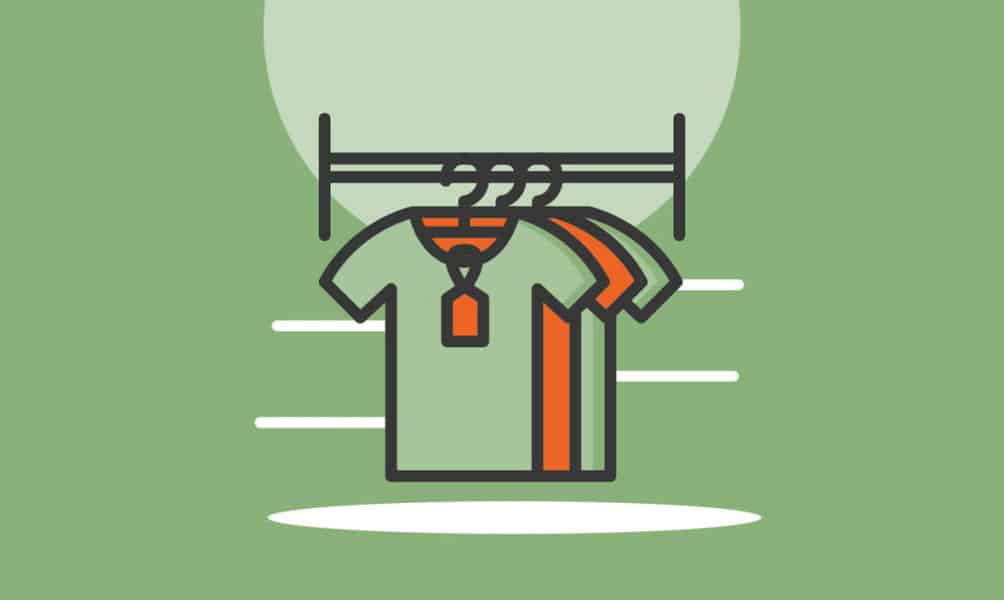
Location: Best in boutique-friendly towns or near other shopping venues.
Investment: Approximately $2,000 to $13,000 depending on store size and initial stock.
Standing Out: Offer high-quality goods and a pleasant shopping experience. Regular events like “swap days” can keep customers engaged.
38. Insulation Business
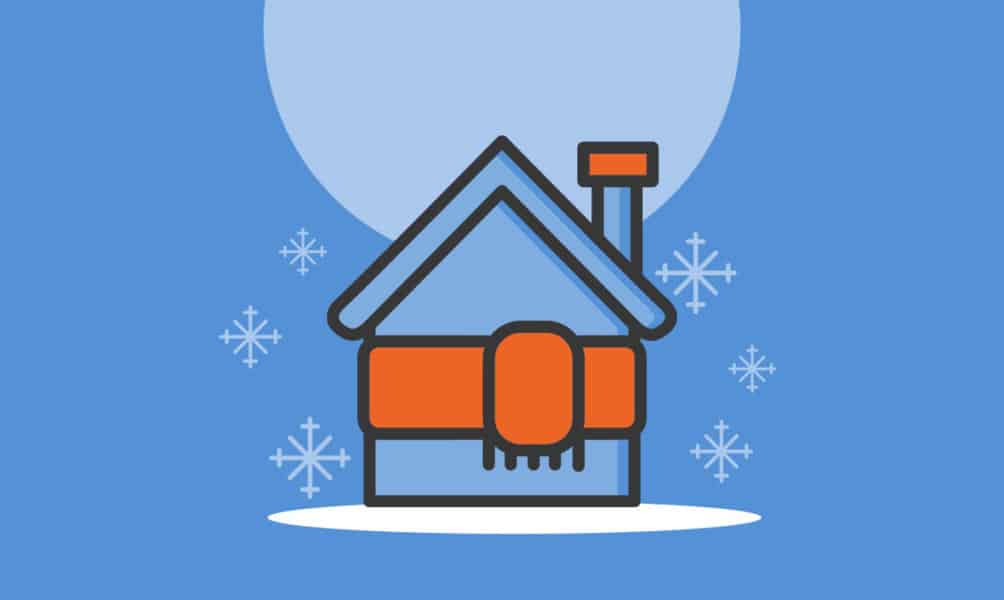
Location: Ideal in areas with extreme weather conditions or aging housing stocks.
Investment: Starting costs around $50,000 for materials and equipment.
Standing Out: Focus on energy-saving solutions and high-quality materials. Providing free inspections or consultations can attract more business.
39. Pharmacy

Location: Near medical facilities or in community centers where daily foot traffic is guaranteed.
Investment: High, often around $200,000 to $700,000 for inventory and equipment.
Standing Out: Offer personalized service, health consultations, and home delivery. Regular health awareness events can build trust and loyalty.
40. Mechanic Shop

Location: Near major roads or in areas lacking auto repair services.
Investment: Typically around $23,000 to $40,000 for tools and garage setup.
Standing Out: Provide reliable, quick service and transparent pricing. Offering maintenance packages can keep customers returning.
41. Electrical Business
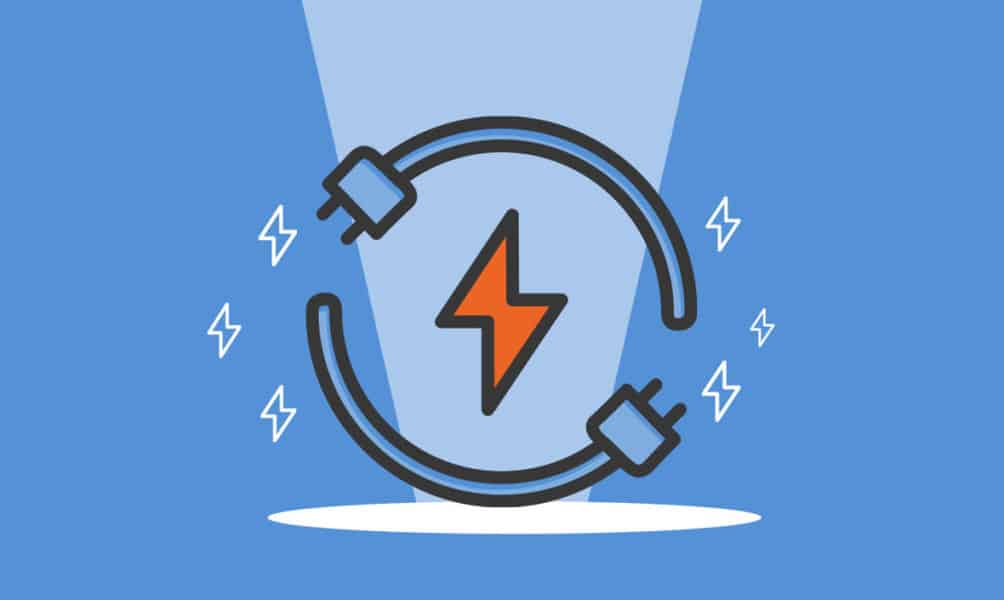
Location: Any town, particularly those with ongoing construction or renovation projects.
Investment: Around $3,000 to $25,000 for tools and licensing.
Standing Out: Ensure timely, safe, and professional service. Specializing in smart home installations or energy-efficient systems can provide a competitive edge.
42. Restaurant

Location: Central, visible locations in town, preferably with unique local flavor offerings.
Investment: Generally high, ranging from $100,000 to $400,000 depending on the concept and scale.
Standing Out: Focus on quality, local ingredients, and a unique dining experience. Regular theme nights or cooking classes can attract more patrons.
43. Pet Store
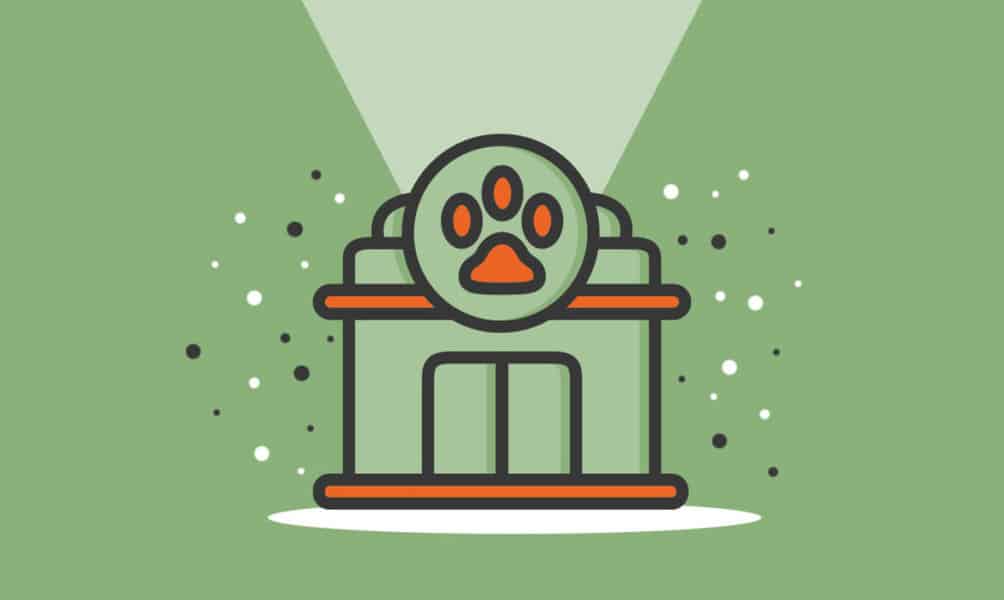
Location: In areas with a high number of pet owners or near veterinary offices.
Investment: Around $13,000 to $20,000 for inventory and store fitting.
Standing Out: Offer a variety of pet care services and products. Hosting pet training classes and adoption events can create a community hub.
44. Laundry Business
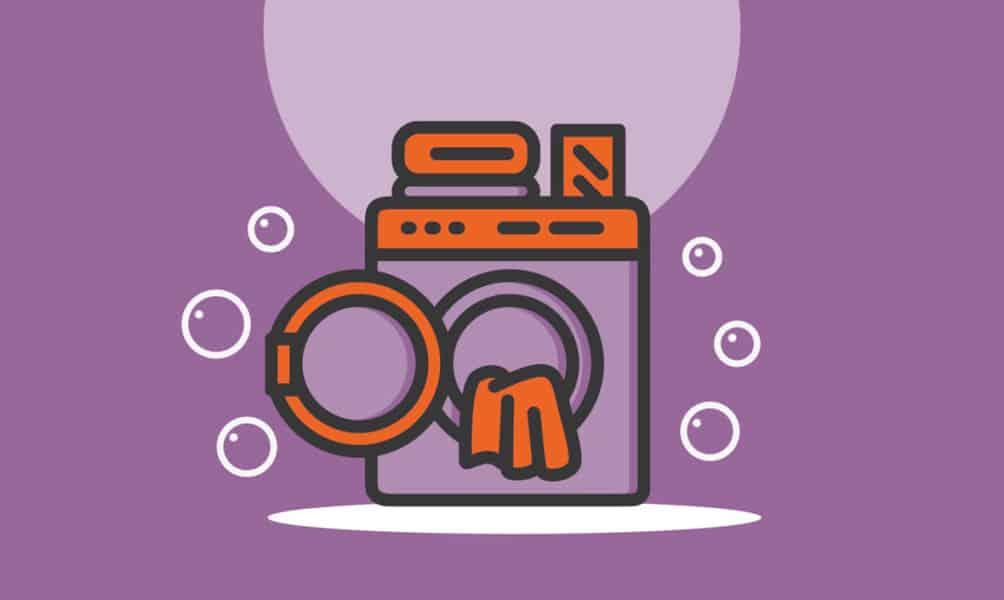
Location: Near residential areas or colleges where the demand for laundry services is high.
Investment: About $20,000 to $200,000 for commercial laundry equipment.
Standing Out: Provide exceptional service, including pick-up and delivery options. Loyalty discounts and efficient service can boost customer retention.
45. Cleaning Service
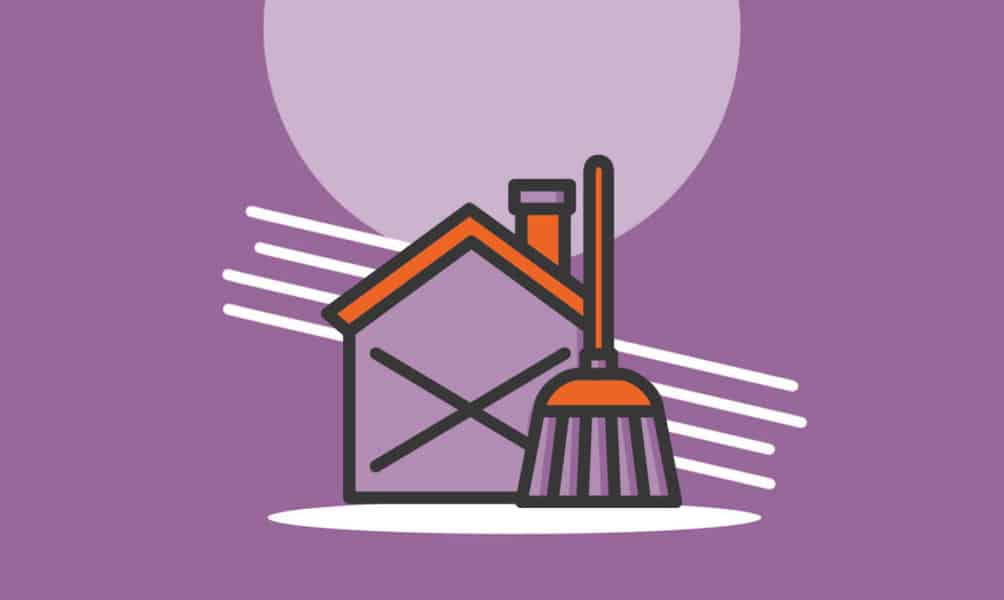
Location: Anywhere, but particularly useful in towns with many businesses and busy households.
Investment: Low, often under $10,000 for supplies and initial marketing.
Standing Out: Offer flexible schedules and green cleaning options. Personalized services tailored to client preferences can distinguish your business.
46. Blood Testing Lab

Location: Near clinics or hospitals, ensuring convenience for patients and medical professionals.
Investment: High, possibly exceeding $100,000 for specialized equipment and certification.
Standing Out: Provide quick, reliable results and comfortable facilities. Partnering with local health providers can increase referrals.
47. Winery

Location: Regions with suitable climates for grape growing or towns with a tourist appeal.
Investment: High, often several hundred thousand dollars for land, equipment, and setup.
Standing Out: Create unique blends and offer tours and tastings. Hosting events and featuring local artwork can enhance the visitor experience.
48. Home Improvement
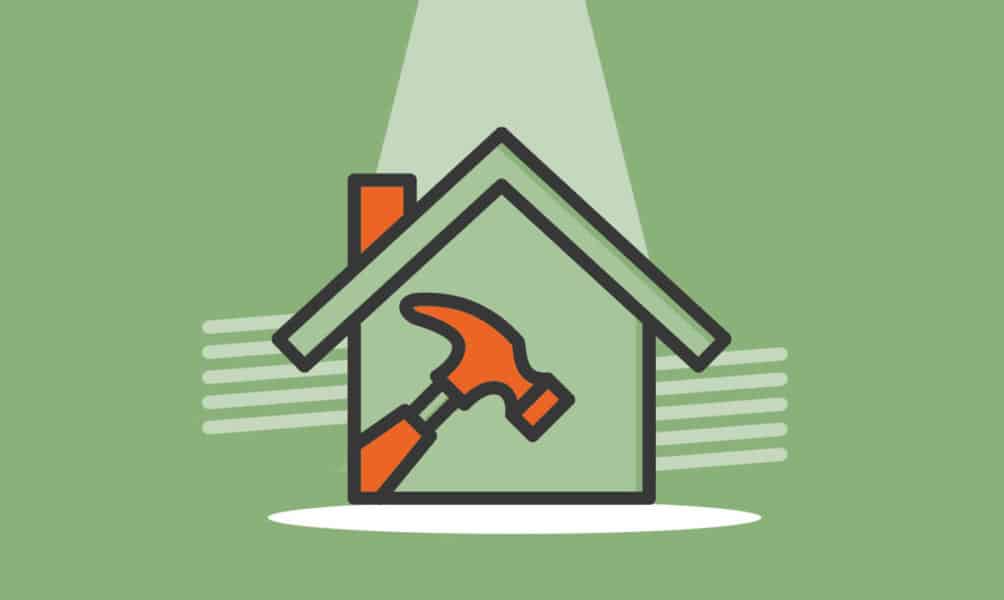
Location: Best in growing towns or places with older homes in need of renovation.
Investment: Starting costs can range from $2,000 to $8,000 (just initial setup).
Standing Out: Specialize in eco-friendly or energy-efficient renovations. Excellent customer service and detailed project management can secure repeat business.
49. Internet Cafe

Location: Near educational institutions or in areas with limited home internet access.
Investment: Approximately $13,000 to $30,000 for computers, furniture, and high-speed internet.
Standing Out: Offer high-speed connections and comfortable workspaces. Additional services like printing, scanning, and gaming can attract diverse clientele.
Subscribe to Our Newsletter
and gain insider access to cutting-edge business insights and trends.
Featured Resources
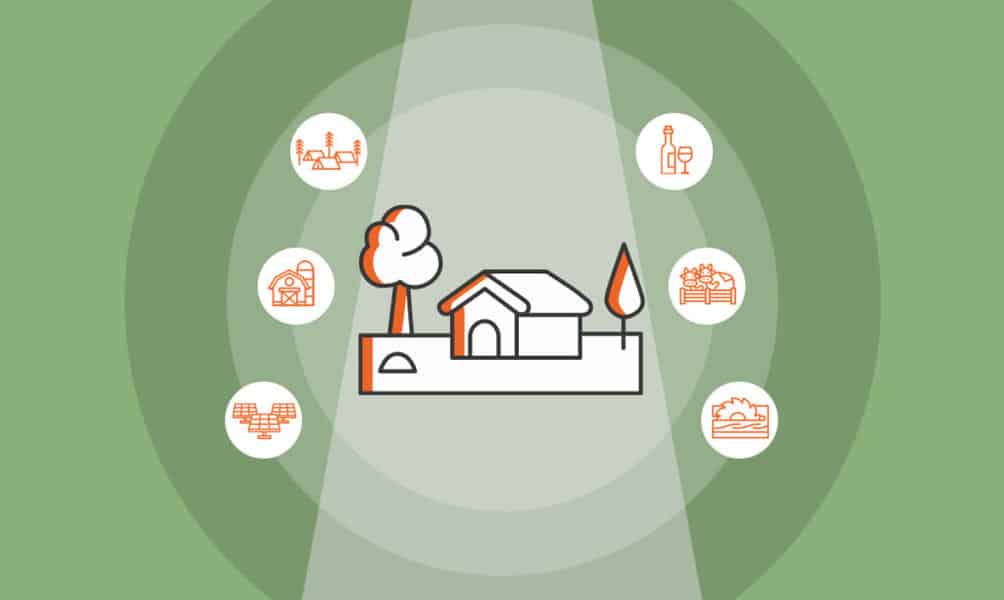
49 Small Business Ideas For Rural Areas
Published on July 13, 2022
Read Now

40 Family Business Ideas to Start Together
Published on June 30, 2022
What kind of business is better than a family-run business? Those are often the best kind, because they’re built on love and trust and help buildc ...
Read Now

How to Start a Small Business in 13 Steps
Published on January 15, 2022
Owning a successful business is one of the most rewarding things you can do with your life. It’s empowering and liberating, and allows you toprodu ...
Read Now
Comments